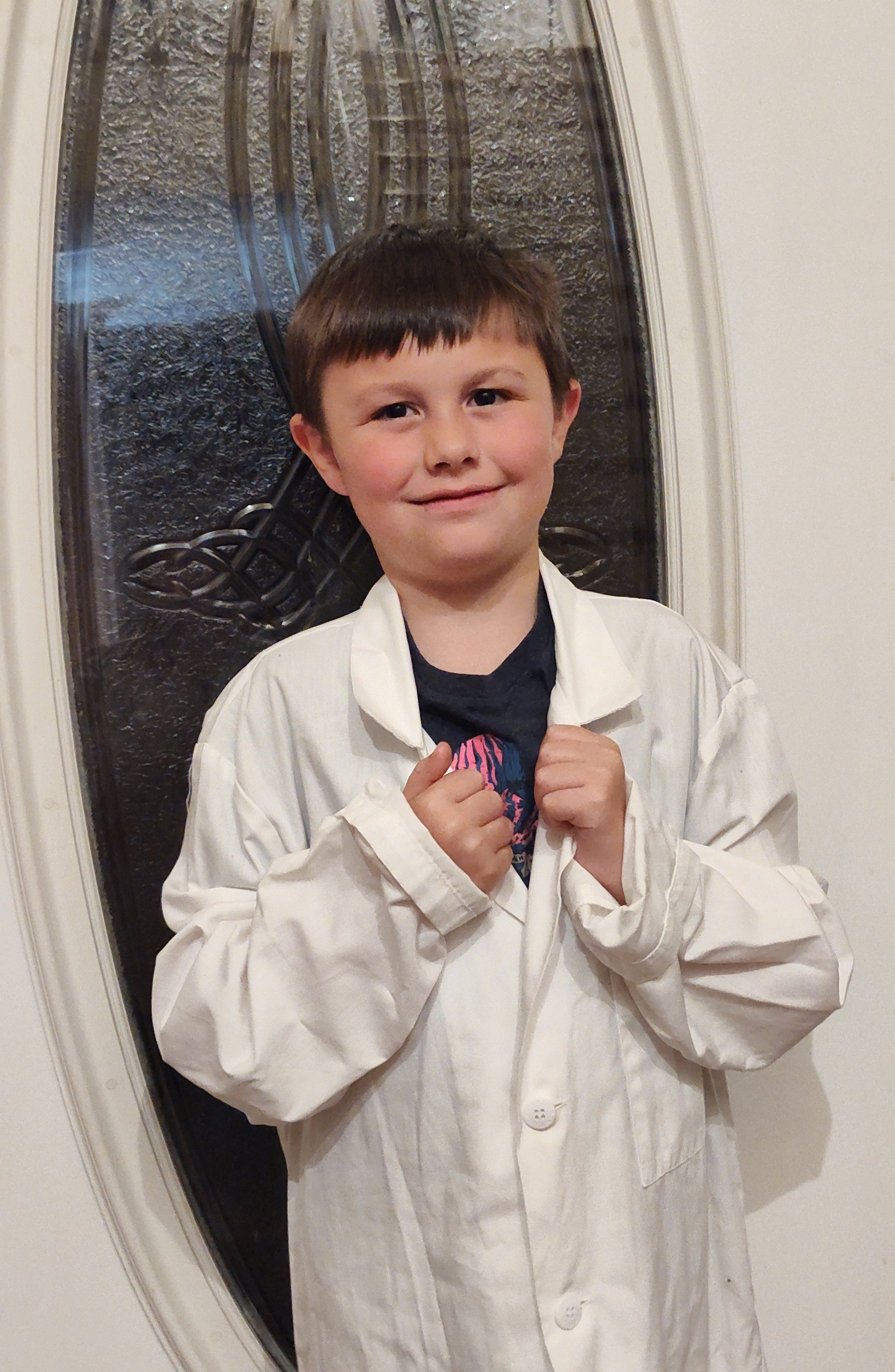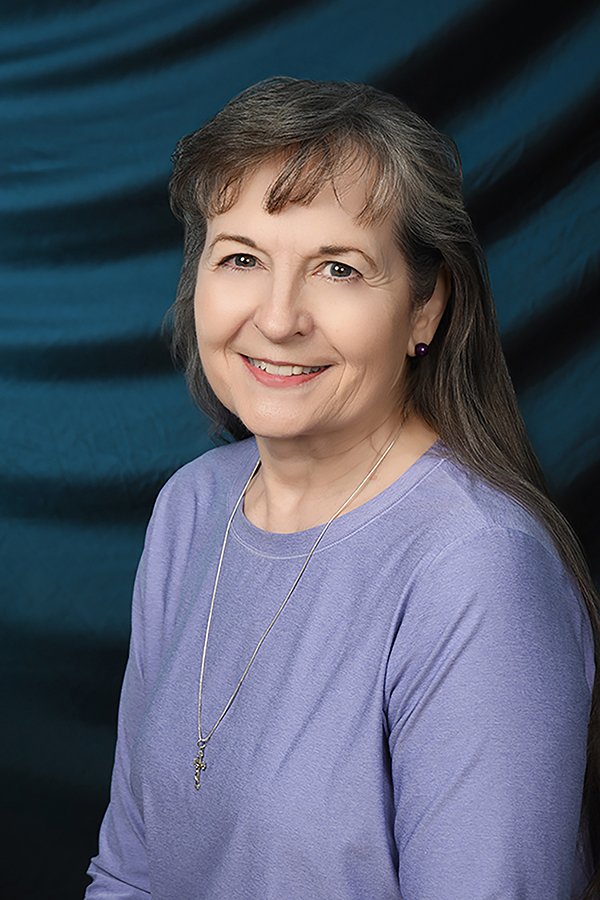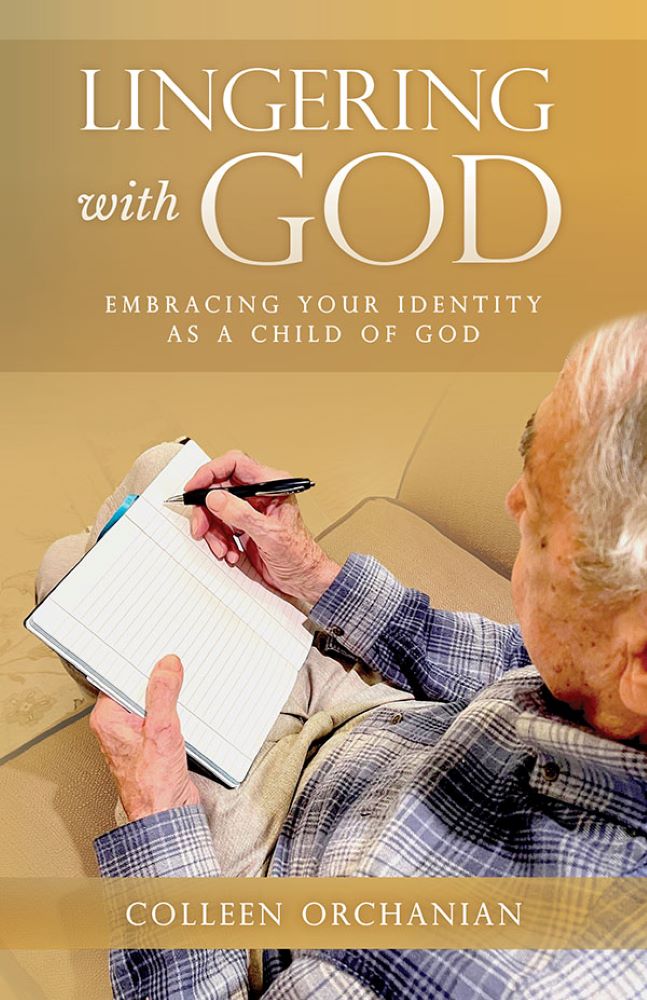Healing Agents
 I am leading a Parish Mission on healing next month with one of our deacons, Richard Dodd. Pope Francis said, "The church is a field hospital for the wounded." How do we do that?
I am leading a Parish Mission on healing next month with one of our deacons, Richard Dodd. Pope Francis said, "The church is a field hospital for the wounded." How do we do that?
In our planning, Deacon Richard and I realized that those who lead small groups in the parish have a role to play. We want them to come to the mission, of course. But we believe that their actions after the mission ends will make the difference between a mission that was a one-time experience, hopefully a good experience, and a mission that spurs long-term change in the people we serve. They—the leaders — can be agents of change within their small groups.
In a similar way, every Christian can and should be an agent of healing. Here are some practical things you can do to help others on their healing journey.
Truths about healing:
There are three foundational beliefs that are necessary if we want to be effective healing agents.
-
Everyone needs healing because we live in a fallen world. We need healing from the trials of life, the wounds of the church, and conflicts with other people.
-
Healing is possible, and God wants to heal us. Physical, emotional, and spiritual miracles happened 2000 years ago, and still happen today. Healing agents need to believe that healing is possible.
-
There are things we can do to be open to God's healing touch and to help others be open to healing.
We become healing agents when we help others grow spiritually, when we focus as much on the person as we do on the work, when we strive to see Jesus in others and be Jesus to others, when we love people in their brokenness.
Ten Ways to Foster Healing
Pay attention. Be aware of what’s happening under the surface. Is there tension? Is there silence? Is there resentment? Is there confusion? Is charity lacking? Is there sadness? It's easy and understandable to focus on the objectives of a meeting or the work we're trying to accomplish. But as Christians, we want to notice how people are doing and what they might be feeling. If I don't notice the people or the tension in the air, I can't be a healing agent. Pay attention to the people.
Be present in conversations. No phones or distractions. Unless it's an emergency, our phones should be out of sight when we're with others. If I'm talking with someone, I want to listen fully and completely, without rushing or looking around at who else is there that I want to talk to. The one I am with should feel like the most important person in my life at that moment. Many people don't value themselves as God does. When we notice them and act as if they are important, that fosters healing.
Be available when they are vulnerable. As I was leaving church one day, I greeted a friend. "Hey, how are you doing?" He responded, "Not good." Now, I didn't actually expect a real answer, and part of me wanted to get going. Another part was worried about what he needed, that maybe I could not provide. But I knew he needed to talk. So, I invited him to do that. We sat, and he shared his fears about his health. We had NEVER had a conversation like that before. It was always more superficial. But that day, he needed someone to hear him. And I was there. It was a blessing for me to serve God in that way. Don’t be afraid when they are being vulnerable; that creates more wounds.
Be discreet. Maintain confidentiality except in rare and necessary exceptions. When someone confides in you, it is a big deal. It shows a level of trust. You don't want to violate that trust. It only leads to more wounds. The only exceptions are when a person is in danger.
Pray with, for, and over others. If someone is unburdening themselves, they need prayer. Pray for miraculous healing if it is God's will. Pray if they are being vulnerable and sharing a deep pain. Many times in our Sisters in Faith meetings, when we go into small groups, I'll see the group stop talking and pray over a person. It's spontaneous. They hear the hurt in another and turn to God for help. I've seen that happen in other meetings as well, where a person shares a fear of upcoming surgery, for instance, and someone says, "Let's pray for that right now." I have also been in meetings where there was some heavy spiritual attack happening, and I know someone who was quietly praying into that situation. Prayer is healing.
Stay in your lane. Don’t exceed your role or training. I am not a doctor and don't give medical advice. I'm not a therapist and don't give mental health advice, even though I facilitate a healing support group. I am not a financial planner and can't give financial advice. The only thing I can do is provide spiritual support. When I go beyond that, I'm not staying in my lane, and that doesn't foster healing.
Be encouraging. When people are struggling, they need encouragement. This goes beyond saying, "God won't give you more than you can handle." We sometimes say that because we don't know what else to say. Instead, we can reflect their emotions, ask what we can do to help, and remind them of a time when they persevered in the past. If we must correct, we do it with love because we care about their soul. This is a spiritual act of mercy. I've done it both ways—chiding them for their sin and threatening them with Hell, and expressing concern for their souls and the impact on their families. The last way works better.
Pray for yourself, that you can be a healing agent within the areas you serve. Pray that every morning, "God, help me serve you well, see those in need of healing. Give me the courage to enter into their pain and the wisdom to help them as I should." We need to pray for ourselves so we can do this well.
Be brave! We live at a time when people are applauded as brave for speaking what everyone agrees with. That isn't brave. Brave is going where you don't feel comfortable, when you have no idea how to do it. We are brave because God is with us. As St. Joan of Arc said, "I am not afraid. God is with me. And I was born for this." Have the courage to hear what the other needs to say.
Invite conversation without owning the problem. It's so easy to fall into the trap of needing to solve a problem when the only thing necessary is to listen. I learned that from my son. He would complain about a problem, and I would suggest solutions. Finally, he let me know he didn't want solutions. He just wanted to talk it out. It's much easier to listen than to solve the problems of the world.
We can be healing agents—in our families, in our churches, in our communities, and in the world. Community is healing, so be in community with others. Surely you appreciate those who have been healing agents for you. Are you ready to pass on that gift to others?
Jesus tells His disciples in Matthew 10:8, "Heal the sick, raise the dead, cleanse lepers, cast out demons. Freely you have received, freely give." We are His disciples today. We have the same assignment. You might be surprised at how much healing happens simply by being present to a person in need. Find an opportunity to be an agent of healing this week, and be thankful for those agents of healing that have touched your life.
Questions for discussion:
-
What concerns you most about being an agent of healing? How can you overcome those concerns?
-
Where might God be calling you to act as a healing agent?

